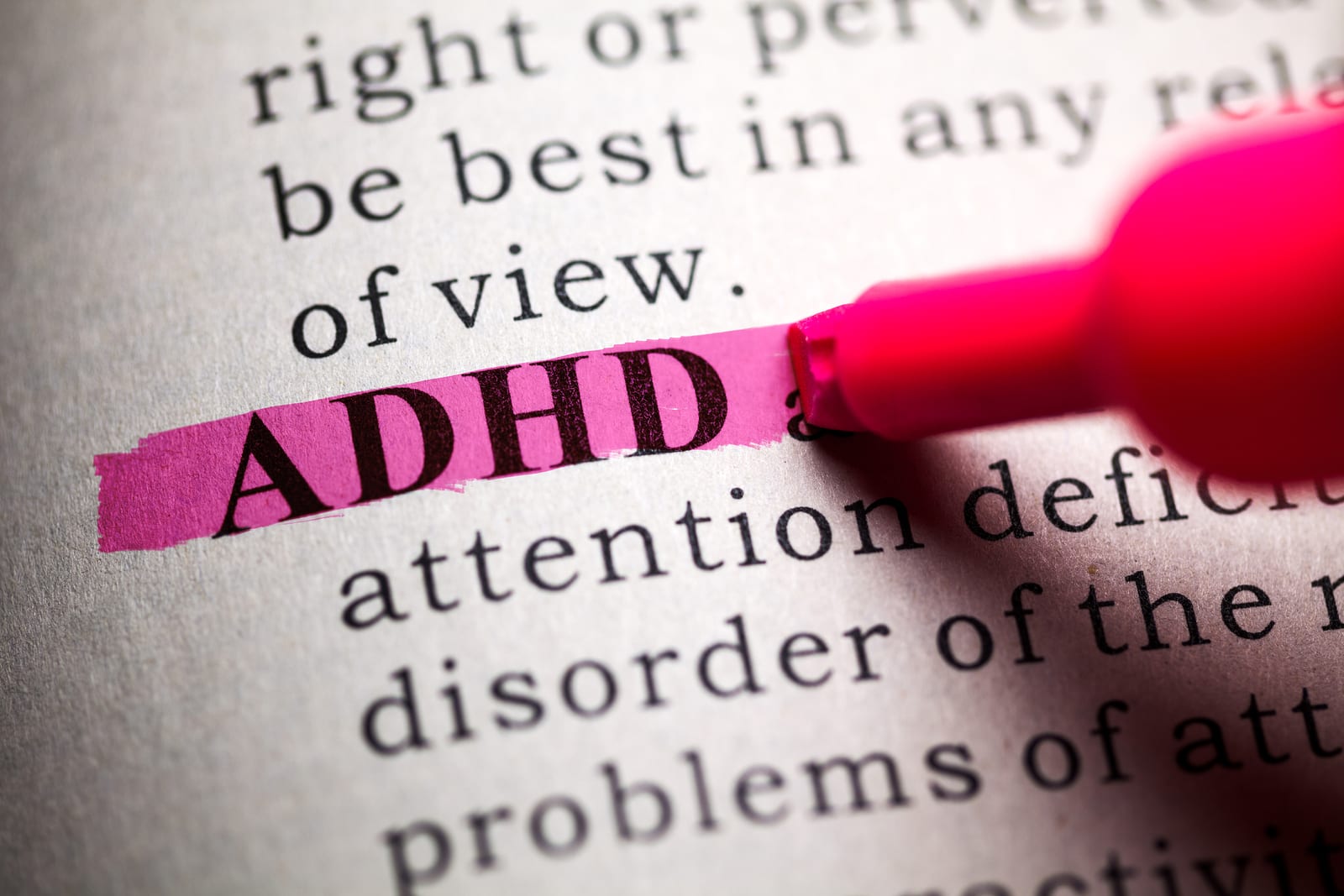Attention-deficit/hyperactivity disorder, ADHD, is a chronic condition effecting millions of children and adults. It is a combination of issues that can be debilitating. The disorder causes persistent problems with attention, focus, and organization.

ADHD Risk Factors
ADHD starts in childhood, but it can progress through adolescence into adulthood. The following are the known risk factors for developing ADHD.
- A family history of ADHD
- Exposure to toxins such as lead
- Maternal drug use
- Premature birth
- Low birth weight
- Brain injury
An Early Diagnosis
ADHD starts in childhood, and that’s why diagnosis should occur then.
If ADHD is caught early the problems associated with it can be solved early on. This will help your child progress through school and life as smoothly as possible.
ADHD diagnosis can also happen later in life, so if you feel you might have this disorder, please see your doctor.
ADHD Symptoms
Attention-deficit/hyperactivity disorder is more than just those things. ADHD can make focus impossible, organization seem out of reach, remembering tasks difficult, patience a problem, and normal conversation a chore. ADHD can cause issues in every aspect of the lives of those suffering.
If you notice some of these symptoms in yourself or your child, pay close attention to behaviors from now on. If you think it’s more than just normal focus issues it might be time to see a licensed medical professional for a diagnosis and treatment plan. This is a treatable disorder, and ignoring is the worst way to deal with it.
ADHD Treatment
There are a number of treatment options for ADHD.
Stimulants: While it might seem strange to treat ADHD with this type of medication, it as actually quite effective. Researchers believe this is because the stimulants increase dopamine in the brain which is essential for thinking and attention.
Antidepressants: Antidepressants are sometimes used to treat adults with ADHD, because, like stimulants, they effect dopamine and norepinephrine production in the brain.
Non-Stimulants: If a stimulant doesn’t seem to help or causes bothersome side effects, a doctor may prescribe a non-stimulant medication. These take longer to start working, but they work to resolve the issues associated with ADHD. Two examples are atomoxetine and guanfacine.
Because there are many different medications available, doctors are in a better position to find the perfect treatment option for particular patients.
Finding the Best Treatment
At Lehigh Center we are striving to find the ultimate treatment for ADHD, and if you want to help please consider applying for one of our clinical trials. We test the effectiveness of new, experimental treatments for a variety of disorders including ADHD. Your participation could help you and the millions of others suffering from ADHD.
